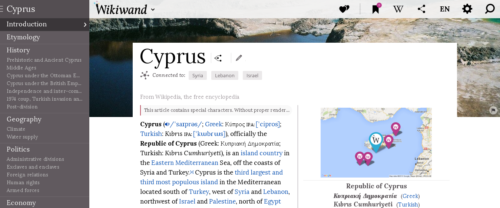“Most of What You Read on the Internet is Written by Insane People” is a nice little roundup of statistics from a several large sites like Wikipedia, Amazon, YouTube, Reddit, etc. These stats support the viewpoint that on these huge sites, most of the content is generated by a very small number of users.
Inequalities are also found on Wikipedia, where more than 99% of users are lurkers. According to Wikipedia’s “about” page, it has only 68,000 active contributors, which is 0.2% of the 32 million unique visitors it has in the U.S. alone.
Wikipedia’s most active 1,000 people — 0.003% of its users — contribute about two-thirds of the site’s edits. Wikipedia is thus even more skewed than blogs, with a 99.8–0.2–0.003 rule.
Some of these numbers are staggering. And the people who do the work, are indeed – insane. Not medically, but by deviation of how much they do and for how long, as compared to the rest of the user base, or even population.
By the way, pretty much all posts in this very blog have been written by one person. Me. Almost 10,000 posts over 19 years. So yes, I’m also probably a little bit insane.

